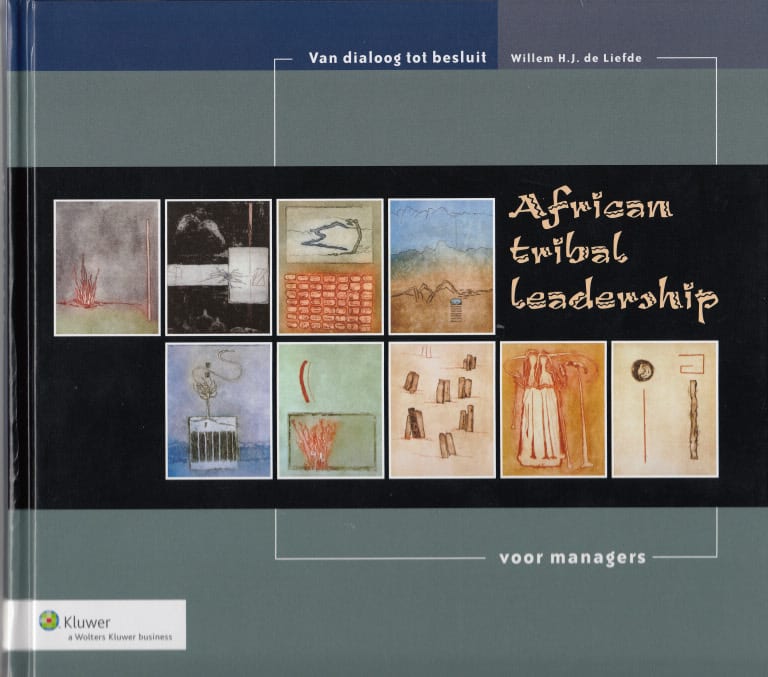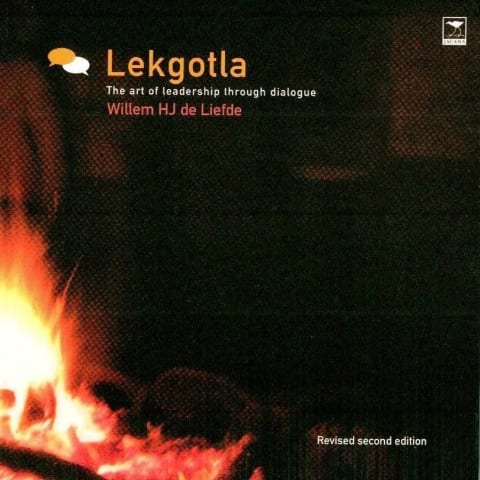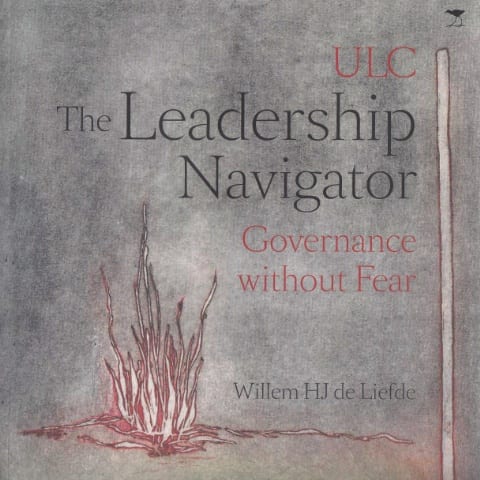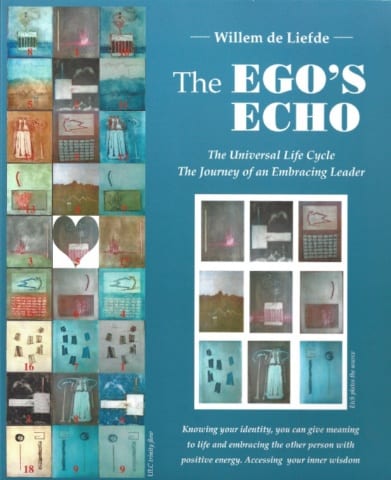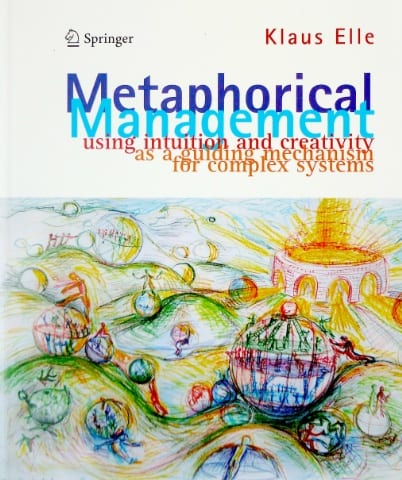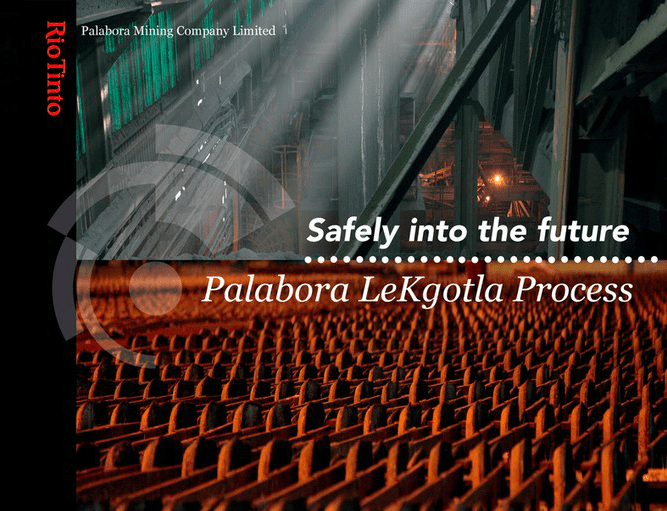Kgotla Foundation
Kgotla Foundation undertakes research and action focused on helping leaders and their communities through indigenous knowledge.
Roots & Leafs Program
We want to treat the wisdom and knowledge of the indigenous with the utmost respect, because we originate from them
We want to go back to the roots of nature, fire, rituals and storytelling. In all countries these basic elements are part
 of the culture. Sometimes we notice them more than other times and give them more importance. But all over the world these basics materialized during history in artefacts, rituals and behaviour. All given a word and a meaning to daily live and pointing in the direction of identity and questioning why do we exist.
Kgotla Foundation co-creates with different Universities to investigate the reason of existence in the variety of assembly places so-called ‘things’, where people gather and get into dialogue.
This Roots program is important to understand and recognize the importance of the natural dialogue for wisdom, knowledge transfer and understanding.
The Leafs programs is looking for new appearances and ways to adopt dialogue in organizations. New forms and combinations should adapt old traditions in modern organizations.

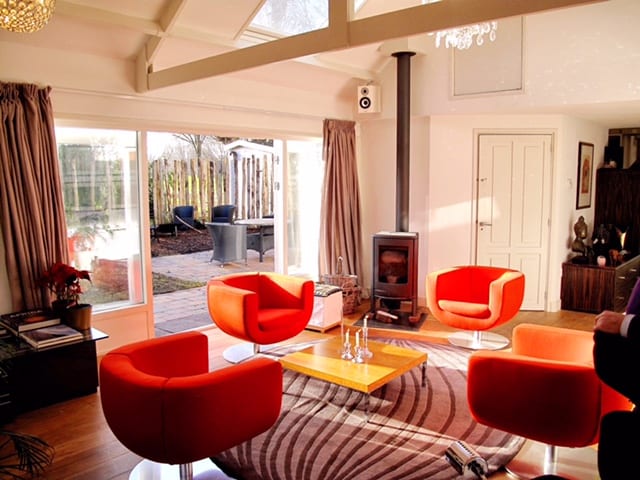

Kgotla Club House
A physical place where people can experience the connection between cultures, disciplines and people in real life. A laboratory of the Kgotla method & the ’Home of the Kgotla Philosophy’. Putting things into practice: Leaders learn to listen to their people in an authentic environment
Highlights
Indigenous Knowledge
Indigenous knowledge is the local knowledge that is unique to a culture or society. This knowledge is passed from generation to generation, usually by word of mouth and cultural rituals, and has been the basis for agriculture, food preparation, health care, education, conservation and the wide range of other activities that sustain societies in many parts of the world.
Indigenous people have a broad knowledge of how to live sustainably. However, formal education systems have disrupted the practical everyday life aspects of indigenous knowledge and ways of learning, replacing them with abstract knowledge and academic ways of learning. Today, there is a grave risk that much indigenous knowledge is being lost and, along with it, valuable knowledge about ways of living sustainably.

Kgotla Revitalisation Project Botswana
Shoshong Constituency Community Mobilization for Entrepreneurship and Economic Development Through the Kgotla Processes
Botswana as a country is revered world over as a beacon of peace and democracy. While the political dispensation has played a critical role in promoting the enviable state of affairs, the Kgotla and Bogosi system in Botswana has been hailed as the main contributor to these accolades that the country has earned. The Kgotla is famed as a place where any citizen is not only accorded a chance to speak but they are also listened to. The Kgotla is therefore a critical place for consultation, community participation, involvement and ownership of any developmental or social agenda. Shoshong Kgotla happens to be at the heart of this glory as the oldest Kgotla and village in the country. Using the concept of to respond to challenges of the constituency is like going back to the roots for solutions.
Botswana is the oldest democracy on earth. Using the Kgotla, its leaders are able to listen to the views of all 1.8 million inhabitants over a period of six months.
Persistent drought has not augured well for this constituency whose majority of its inhabitants solely depend on subsistence farming. This state of affairs calls for an innovative yet practical solution that will fit with the culture and tradition of the people of Shoshong constituency to improve chances of success. Whatever innovation the constituency might come up with, should create jobs within the constituency where the impact of poverty and youth unemployment is most felt and consequently reduce migration to urban areas which besides brain drain in the constituency brings about more challenges in crime, stress and depression as jobs in the urban areas get even more scarce.
The proposed innovative process which was inspired by African tribal leadership styles was designed such that the same principles could be applied in a community or business setting to bring about desired change or solve any real or perceived problem. The Kgotla company now facilitates dialogue and decision-making to create transformation at super speed. It offers guidance and tools for leaders of major organizations to find identity, give meaning to life and work, and to build strong communities. The Kgotla method has been successfully tested in over 60 organizations in the last 11 years. 66 000 people have benefited from direct dialogue with their leaders and leaders have learned to take decision using the wisdom of their people. Organizations and workplaces have seen improvement beyond expectations. Major clients include Shell, Rio Tinto, Netherlands Red Cross Society and Royal Dutch Airlines.
The purpose of this write up therefore is to propose that, the same concept which originates from Botswana but has assisted many companies’ world over to solve their problems and take their companies to profitability, be brought home to solve the problems of poverty, unemployment and other related social ills in the constituency of Shoshong.
The proposed solution to unemployment and overreliance on diamonds is to use the Kgotla facilitation process as a tool for community mobilization and clustering into entrepreneurship and development groups or enterprises that will then be capacitated within their communities to take advantage of local opportunities in terms community assets but also to tap into government development programs such as poverty eradication, economic stimulation program, youth development fund and other related opportunities. This proposed intervention is expected to promote rural industries which will not only create jobs at rural areas where they are needed but will also help the government diversify the economy through import substitution.
For the purpose of sustainability and continuity of the community based enterprises and interventions that will have emerged from the Kgotla dialogues, a concept known as Kgotla Trade Centre is also proposed. The Shoshong ‘Kgotla Trade Center (SKTC) will be a viable approach to achieve the Shoshong Renaissance Dream as envisioned by the people of Shoshong. The Kgotla Trade Center is a concept, which has been developed in the spirit of innovation within the tradition. It honors the traditional function of the Kgotla and seeks to strengthen this sacred place with neighboring functions to create a space where decision making, learning and entrepreneurship can be combined in the heart of the community.
The vision of the SKTC includes a Central Market Place next to the Kgotla where the community can trade their indigenous goods and services with each other but also target visitors as the Kgotla is traditionally known as the meeting place. This central location will be a roofed-in marketplace which will be a hive of trade activities. The center will have within it, a dedicated place for capacity building including; business center with computers for learning, multipurpose hall for education, revision, tutorials and discussions among the youth to improve academic performance and offices and a meeting room. The Central Market Place will also serve as an entrepreneurship development center where young people could be motivated and mentored in business. This place could also be used for income generation by the Shoshong Development Trust as they can be rented out as office, conference facilities and other creative uses of the space.
The vision of the SKTC includes a Central Market Place next to the Kgotla where the community can trade their indigenous goods and services with each other but also target visitors as the Kgotla is traditionally known as the meeting place. This central location will be a roofed-in marketplace which will be a hive of trade activities. The center will have within it, a dedicated place for capacity building including; business center with computers for learning, multipurpose hall for education, revision, tutorials and discussions among the youth to improve academic performance and offices and a meeting room. The Central Market Place will also serve as an entrepreneurship development center where young people could be motivated and mentored in business. This place could also be used for income generation by the Shoshong Development Trust as they can be rented out as office, conference facilities and other creative uses of the space.
Luckily, the government of the day is very much aware of this situation and has come up with very creative programs to mitigate the high unemployment rate. Programs such as the economic stimulus package(ESP), poverty eradication program and youth development fund are some of the programs that present an opportunity to reduce the unemployment rate and diversify the economy. However, statistics show that very few people, especially the youth still do not benefit from this available programs. In the financial year of 2015/2016 almost BWP 600 million was not used at various districts (including Shoshong constituency) and was returned to government unused, while many young people still continue to roam the streets unemployed. Clearly, there is a serious gap here which does not allow the resources to be used optimally used where they are needed.
At the heart of this problem of (young) people not accessing available government programs, is the fact that communities are failing to organize and position themselves to be able to access these programs. For example, for one to access some of these programs, one needs resources such as land and technical knowhow to qualify. In some cases, one young person has land and does not have technical know-how and the other young person in the same area has technical expertise but no land. On their own both of them may not qualify as they do not have all the requirements to qualify and succeed. What is needed here is an intervention which will bring these two young people to one place and have dialogue on how they can cooperate for their collective success; where one brings land and the other brings expertise and they cooperate to apply a unit and make a stronger case. This ideal situation cannot happen on its own but needs a conscious effort and strategy.
This is where the Kgotla company comes in, with its over fifteen years of experience in using the Kgotla principles to facilitate dialogues that bring change, the Kgotla company is better placed to be a game changer in employment creation and community development in Botswana. The Kgotla company works with the local leadership to mobilize the community into economic clusters where resources and expertise are pulled together for the success of the whole community. The community dialogue allows the community to identify their collective resources, ideas and how they can creatively employ them to bring jobs and services to their community.
Luckily, the constituency of Shoshong is bursting with resources and untapped opportunities just waiting for an innovative initiative as the one proposed. The constituency is 11000km2 which translates into plenty of land to be used for entrepreneurship development as herein proposed. The constituency also has resources such as water, electricity and tarred roads which links most of the constituency with the country’s major cities and towns. Above all, a study conducted in 2010 revealed that the constituency is blessed with viable opportunities in agriculture and associated benefaction, manufacturing, tourism (being mountainous and rich historical heritage), Eco-tourism and mining just to mention a few.
The proposed ‘Community Mobilization for entrepreneurship and economic development’ is therefore the missing puzzle in the development Shoshong and its people as it bridges the gap between the communities and opportunities and acting as a catalyst for action. It is believed that, the proposed intervention will increase access and meaningful participation by members of the constituency, especially the youth, in exploiting available government and other developmental programs and opportunities.
It is believed that by mobilizing all stakeholders; villagers and the unemployed people we will generate enough tangible ideas to begin to identify suitable means and ways of how they can solve both social and economic challenges facing their respective villages within the constituency. Through dialogue, the outcome of this intervention is expected to be a constituency well mobilized into social and economic clusters that are ready to engage in sustainable economic activities, using local resources for employment creation and community development. In an addition, a Kgotla Trade Centre will be built next to the Kgotla to be an entrepreneurship development hub that will sustain and grow the established economic clusters
– To appreciate the role of indigenous knowledge and traditional ways of learning in maintaining the sustainability of a community;
– To understand the role of ‘modern’ education in undermining indigenous knowledge and ways of teaching and learning; and
– To identify opportunities for integrating relevant aspects of indigenous knowledge and approaches to teaching and learning into the school curriculum.
IDENTITY NAVIGATION and LEADER PREPARATION: The Kgotla forces leaders to take a vulnerable position, which requires both courage and preparation. The Kgotla Foundation understands this well and provides them with guidance leading up the Kgotla intervention. It ensures that the Kgosi is well prepared to listen to his/her people. The Council of Elders helps the Kgosi to take decisions at the Kgotla and throughout the ongoing change that follows.
THE KGOTLA BARONGWA TRAINING: The Kgotla is supported by in-house facilitators also called Creators who help the Kgosi in the process before, during and after the Kgotla intervention. Creators are the key to interrogating and clarifying issues and refining questions. They help the participants with formulating questions that should be addressed in the Kgotla and adopt a role of facilitator for the implementation of the decisions and dig beyond the obvious participant commentary to deeper levels of dialogue. Therefore, they are able to find relevant solutions and bring them forward to the Kgosi. In the Creator Training the Kgotla Foundation prepares the Creators for their role as dialogue facilitators and helps them understand the concept of Kgotlaᵀᴹ. Creators learn about group dynamics, power, self-awareness, interpreting individual frames of reference, and about learner-centered facilitation and group formation processes. Creators can be regarded as the early adopters of the Kgotla philosophy.
THE KGOTLA PROCESS: The Kgotla process will offer the Kgosi an opportunity to engage all of his/her subjects in a dialogue, up to 450 people a day, and take decisions supported by them. The Kgotlaᵀᴹ Company facilitates dialogue to get to the bottom of challenges faced by community members and what they can collectively do to solve them. This is meant to help the local leadership access the wisdom of the people and find sustainable solutions to community problems in a short period of time. Arts and metaphors are used to release innovation and creativity. The key to institutionalizing the Kgotla principles within communities is ensuring that the ongoing development process can be facilitated internally without the overreliance on external facilitators. To this end, internal facilitators, or Creators are trained to facilitate dialogue. A Council of Elders selected from internal and external stakeholders support the Kgosi in decision-making. The communities can call on these internal resources, as and when required even after the proposed intervention.

